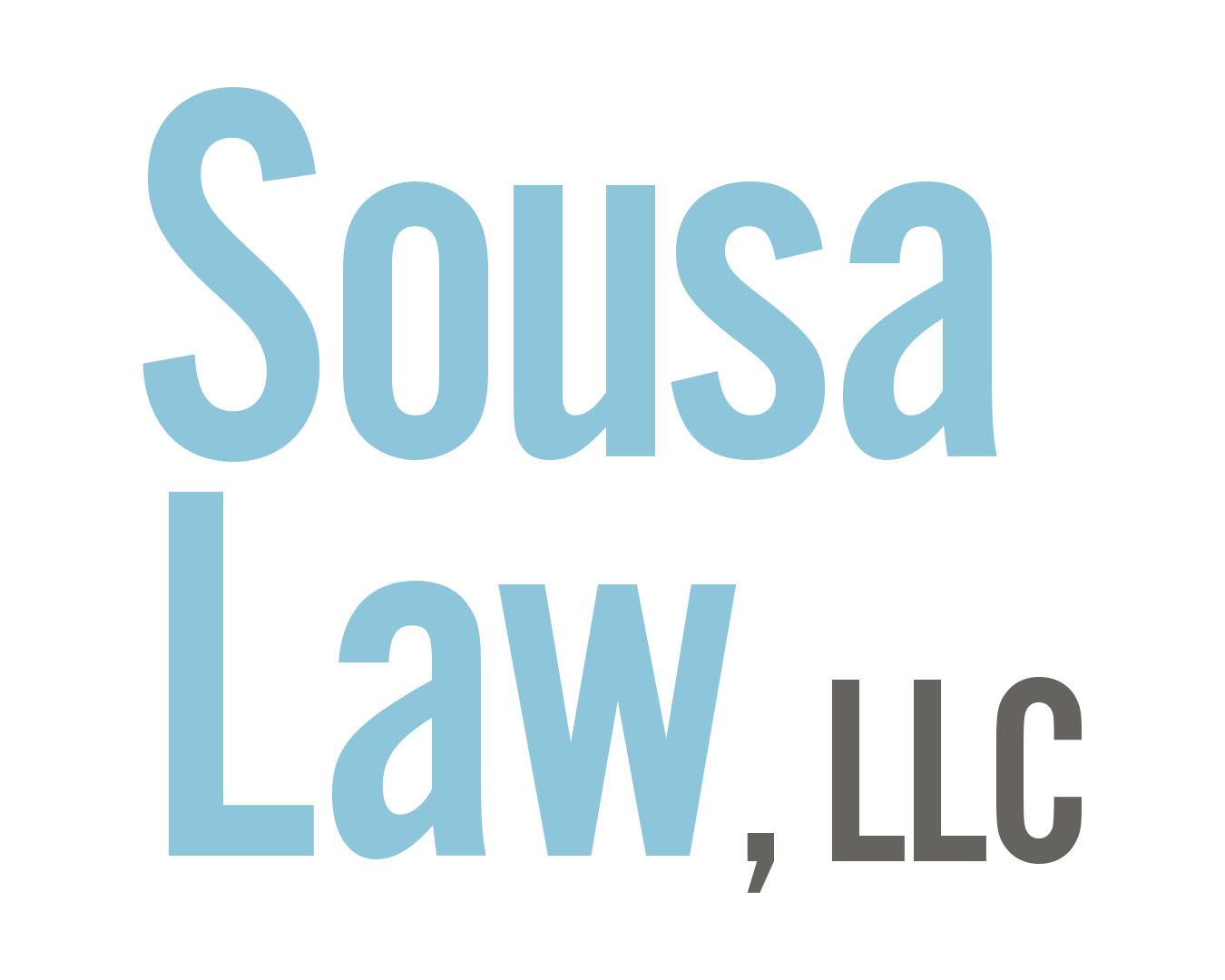Demystifying Workers' Compensation: Unveiling the Truth Behind Common Misconceptions
Workers' Compensation often falls victim to numerous myths and misconceptions, leading to a cloud of misunderstanding around its purpose and coverage. Our focus is to dispel these myths, providing clarity and understanding for employees across all sectors. This article aims to demystify workers' compensation, illuminating the true nature of its coverage and the rights it affords to employees injured on the job.
Myth 1: Limited to High-Risk Jobs
Contrary to common misconceptions, workers' compensation is not exclusively for dangerous occupations. The Bureau of Labor Statistics' 2022 data showed 2.8 million nonfatal workplace injuries across diverse sectors, indicating that employees in any role could be eligible for compensation after a job-related injury or illness.
Myth 2: Only Accidents, Not Illnesses
Many believe workers' compensation is only for injuries from accidents, like falls. In fact, it also covers occupational illnesses due to hazardous substance exposure, repetitive strain, and other work-related factors.
Myth 3: Filing a Claim Equals Suing Your Employer
Initiating a workers' compensation claim does not equate to suing your employer. This no-fault system ensures employees receive benefits regardless of who caused the injury, without the need to sue their employer.
Myth 4: Unlimited Medical Expense Coverage
Workers' compensation covers necessary medical costs related to work injuries or illnesses but does not provide unlimited coverage. The extent of these benefits is governed by state laws, and sometimes, pre-approval from the compensation insurer is required.
Myth 5: Filing for Compensation Risks Job Loss
Employees often fear job loss when filing for workers' compensation. However, laws protect employees from retaliation by employers for claiming compensation. Prompt injury reporting is essential to avoid benefit denial and facilitate a quicker return to work.
By addressing and correcting these myths, we aim to provide employees with accurate, comprehensive knowledge about workers' compensation, ensuring they are well-informed and protected in the workplace.
